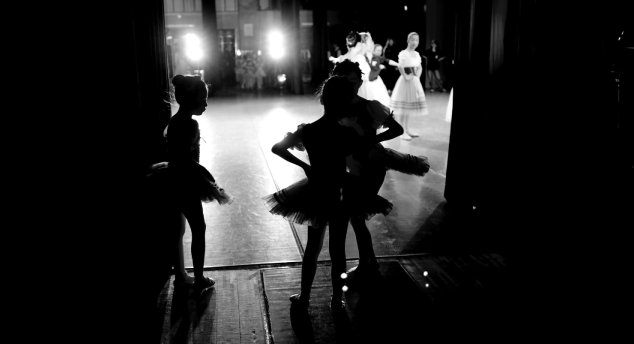A Play of Life
BLOGGING AWAY
A Play of Life
13.05.2025


Recently, I watched the opera Hamlet, and it got me both staring and thinking.
As I observed the characters unfold on stage—sharing their strengths, flaws, and tragedies—I thought: Aren’t we all, in some way, acting as characters in a play?
In every opera, the characters are right out in the open. Their emotional struggles are exaggerated, their mannerisms dramatically displayed—sometimes to the point where they seem over-the-top, artificial puppets.
And yet, they reflect—often with surprising accuracy—the inner dramas each of us plays out in our own minds.
We may not sing our feelings like in an opera. We may not express them outwardly at all. But still, they’re there—loud, consuming, persistent. Some people live almost entirely in that mental theater.
In opera, these inner states are turned into something grand, lyrical, and artistic. In real life, they’re the everyday workings of our thoughts and emotions.
Each of us steps into certain circumstances— playfully agreeing to them at some point—knowing it’s a play. Then, as we enter this life, we forget. We get caught up in the story. We start believing it’s all real… and we suffer because of it.
Watching Hamlet—such a dark and intense drama—I noticed how deeply each character believed in their role. They became completely immersed in their pain, their desires, their fate—forgetting any larger context.
From the audience, it was striking. You could see the full range of human emotion unfolding—struggles, subtleties, egotism, and moments of connection. Each character acted as if their story were a matter of life and death. And yet, none of them stood alone. Every role was connected to the larger whole.
Without the Queen, Hamlet wouldn’t be who he is. Without Hamlet, Ophelia wouldn’t have faced her heartbreak and eventual unraveling. Every character’s presence shaped the journey of another.
And then, of course, there’s the villain—the one we’re meant to despise. But who chooses to play the villain… and does so with such conviction? Who steps into that role, becoming the source of chaos, pain, and—sometimes—awakening?
Strangely, it’s often the villain who creates the very conditions needed for transformation. Their presence forces others to confront themselves, to grow, to awaken. They become catalysts—uncomfortable, painful ones—but catalysts nonetheless.
It made me wonder: Isn’t there a kind of love and playfulness in someone who agrees to play the “bad guy”? Someone who leans into the role fully, just to help others evolve?
We rarely see it that way.
Even if a character forgets why they chose a particular role, perhaps the original decision was made out of love—for the experience, for the story, for someone else’s growth. Maybe, deep down, it was never about harm—but about transformation.
So even if we go through life unaware of the roles we’re playing—or why we’re playing them—we’re still part of something greater. Each of us might be unknowingly helping someone else unfold, discover, and remember who they truly are.
And maybe the antidote to getting lost in the drama isn’t to escape it—but to feel it fully. To allow ourselves to go through it, knowing it’s all part of the process. To embrace the richness of being human, while remembering that this is a play.
Perhaps the drama is the point. The heartbreaks, the joy, the betrayal, the love—they're all part of how we express the fullness of our humanity. And maybe, just maybe, that’s where the beauty lies:
In the raw, messy, exquisite experience of it all.
Whether we’re heroes, villains, lovers, or fools—we’re all essential. And the play just wouldn’t sing in the same way without each and every one of us.
My office
Anywhere in the world
Contact
hello@valeriafontana.com
